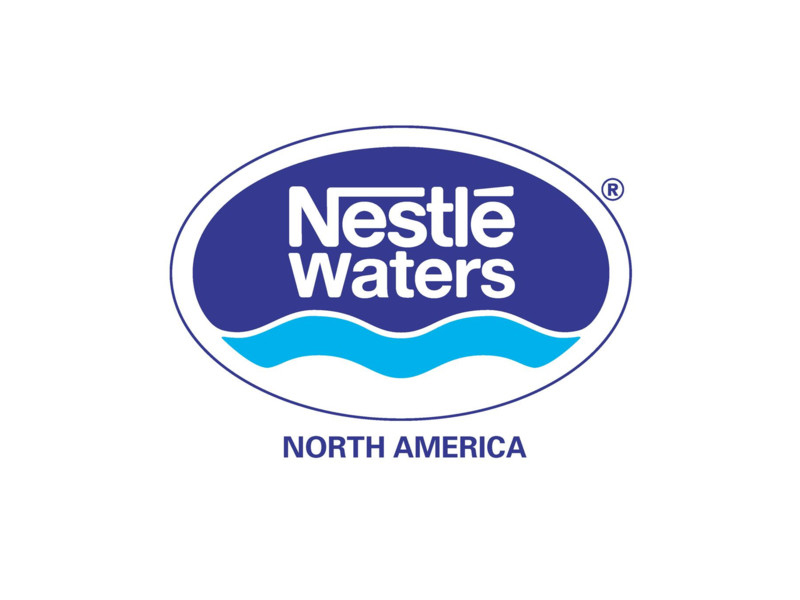In the Tuesday session of the Nestlé Waters North America permit hearing, Chaffee County Commissioners heard public comments, discussed 1041 permit standards, voted to continue the public hearing at 1 p.m. Nov. 17, and adjourned to executive session to receive legal advice.
Commissioners reopened public comments to allow citizens to respond to a recent Nestlé proposal for new permit conditions that would increase financial contributions to local schools and nonprofit organizations.
Almost everyone who spoke expressed opposition to extending Nestlé’s 1041 permit.
Robert Parker of Coaldale, representing 350 Central Colorado, told commissioners, “Nestlé is gaming you” and hasn’t fulfilled its obligations under the original permit.
Parker estimated Nestlé takes $73 million to $584 million worth of water from Chaffee County each year, claimed the company pays “nothing” for the water, and called Nestlé’s recent proposal “pathetic.”
Karen Dils of Buena Vista delivered the only public comments in favor of extending Nestlé’s permit and countered Parker’s claim that Nestlé doesn’t pay for the water they take.
She compared Nestlé’s business with local alcoholic beverage producers who ship water out of the county in the form of beer, wine and liquor but do not replace the water they use as Nestlé does.
Dils also said that other large corporations operating locally – companies like Walmart, insurance companies and McDonalds – “have never given the large amounts of money to our schools and nonprofits that Nestlé has.”
Joan Read of Howard said she opposes extending the Nestlé permit. “Any time a small community sells water, all Colorado citizens are compromised,” but under Colorado water law, the county cannot sell water.
Read also stressed the effects of climate change and mistakenly claimed that Nestlé recently “sold off our most valuable riverfront property.”
Craig Nielson of Salida urged the Commissioners to compare Nestlé’s financial gains from their local operations to their contributions to local organizations. “It’s really shameful. It’s not worth it. It’s blood money.”
Cindy Parker of Chaffee County introduced herself as a board-certified physician and professor at Johns Hopkins University who has lived in Chaffee County for 4.5 years.
Ms. Parker emphasized the effects of climate change, noting that drier conditions and reduced river flows have been documented in Colorado and will continue to worsen.
“The original permit,” she said, “did not include any protections for river flows,” yet conditions 4.28-4.31 of the original permit do exactly that, as does state water law.
Jen Swacina of Salida expressed concern about the likelihood of the permit being transferred due to reports that Nestlé Waters is for sale.
Francie Bomer of Salida said Nestlé’s proposal demonstrates that the company is out of touch with the values of county residents and stated that she does not believe the condition to hire local drivers can be met.
The Commissioners should start with a new permit with much stricter conditions, she concluded.
Amy Gray of Colorado Springs, representing 350 Colorado, said, “With unethical business practices such as taking clean drinking water in areas that sorely need it, participating in human trafficking and child labor, and exploiting uneducated mothers in third-world countries, Nestlé is quite possibly one of the world’s most corrupt corporations.”
She also claimed that Nestlé has been taking water from Flint, Mich., “a city in a full-blown water crisis.”
However, Nestlé’s operations in Evart, Mich., takes water from an aquifer 120 miles away from Flint, and Flint takes its municipal water from the Flint River. In fact, Nestlé has donated water to the residents of Flint throughout the crisis.
John McGowan of Salida cited his 30 years of employment with a large multinational corporation to emphasize that Nestlé’s financial contributions to the county and local organizations “are abysmally low, given the amount of revenue and profitability and income that Nestlé is making from this enterprise.”
Attorney Caitlin Quander, land-use counsel for Nestlé, responded to public comments by discussing the requirements of the 1041 process.
She told the Commissioners, “You have to determine what losses to natural, agricultural or recreational resources exist. We believe that those recreational resources have actually been improved by the fishing easements and access along with wildlife and wetlands restoration.
“That said, if you do find that there are losses, the conditions and benefits to the county that you impose are bound by the 1041 regulations to offset those specific losses.”
The Commissioners closed public comments and, for the remainder of the meeting, discussed the relevant 1041 standards and conditions.
The meeting ended with the Commissioners adjourning to executive session to receive legal advice from water attorney David Shohet and county attorneys Jennifer Davis and Daniel Tom.








